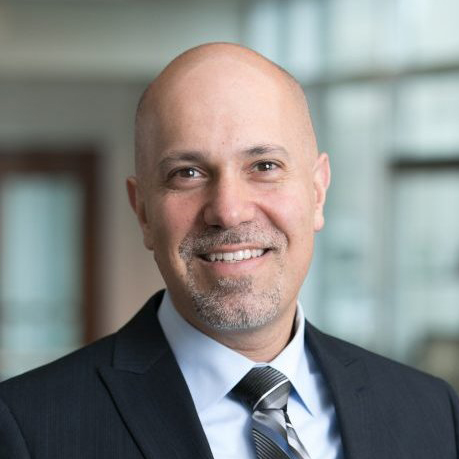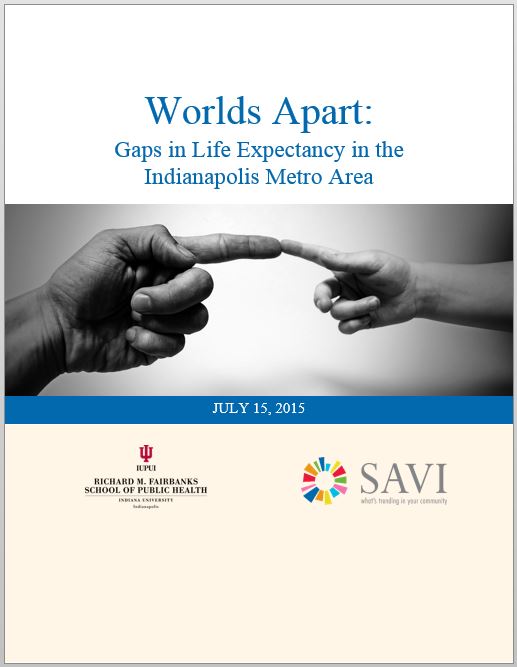
Dr. Nir Menachemi, chair of the health policy and
management department at Indiana University’s
Richard M. Fairbanks School of Public Health.
There is one clue that speaks volumes about your health prospects but has nothing to do with your medical records.
“We know now that one of the greatest predictors of health outcomes for almost any patient, undergoing any procedure, or with almost any disease, is one value on a patient’s chart,” says Dr. Nir Menachemi, chair of the health policy and management department at Indiana University’s Richard M. Fairbanks School of Public Health. “And that value isn’t medical. It’s their ZIP code. You can tell with extreme accuracy how someone is going to fare, after a procedure, by their ZIP code.”
Where a person lives is critical because health is shaped by factors outside the scope of traditional medical interventions and advice.
“In this country, we tend to medicalize health-care issues,” Menachemi says. “If someone is having a health issue, we automatically assume the medical system can fix it. A lot of organizations are now beginning to realize that many health issues are not necessarily problems that can be addressed through medical care alone. They’re bigger issues in the communities where people live.”
Menachemi is participating in a study, funded by the Robert Wood Johnson Foundation, that aims to help medical professionals and institutions make better use of that data. The project, which draws on the resources of The Polis Center, the Regenestrief Institute, and the Richard M.
Fairbanks School of Health, is testing a tool that predicts what kind of care might best serve a patient. To do so, it uses an algorithm that incorporates medical records as well as neighborhood-level data from the SAVI Community Information System supplied by Polis.
“We’re taking data about the neighborhood where patients live and seeing if we can predict who’s at risk for needing some of these social services,” Menachemi says. Services include nutritionists, financial and legal advisers, and mental health professionals. “The medical way of thinking about a problem is, if the patient isn’t doing well after a couple of visits, figure out the next medical intervention. Whereas, if you deploy a nutritionist to take them grocery shopping, and better educate the family on how to stretch the buck to incorporate healthy eating into the family’s lifestyle, maybe you’ll actually put a dent in the ability of the family to manage diabetes, for example.”The tool has been in the pilot stages and will soon be implemented in the 10 health clinics maintained by Eskenazi Health.
“This is absolutely at the cutting edge,” Menachemi says of the collaboration. “It’s almost like this perfect marriage of forces— all of us on the same team, trying to figure out how to lead the nation in improving quality and reducing costs in health care.”






